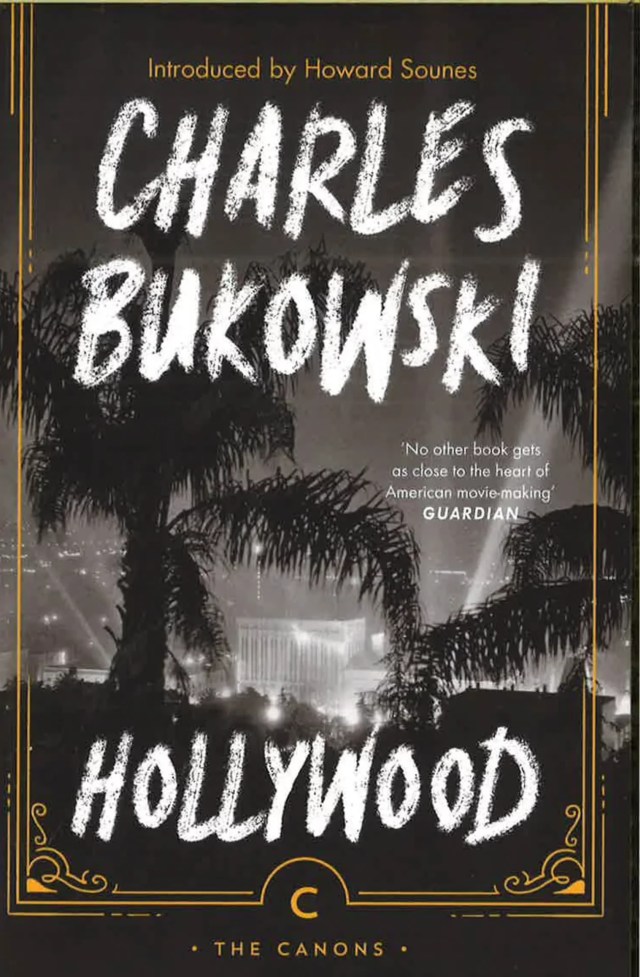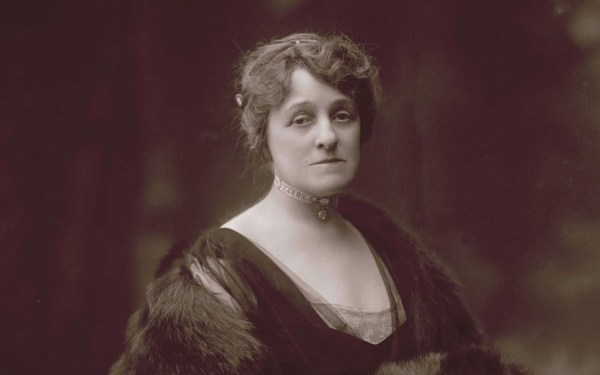Why You Should Read Charles Bukowski: His Best Novels

Disclaimer
This post may contain affiliate links. I will make a small commission if you make a purchase through one of these links, at no extra cost to you. See full disclosure and disclaimer policy HERE.
Have you ever stumbled upon a writer whose words cut through the ordinary and resonate with the raw essence of life? Charles Bukowski is one such literary figure who doesn’t just write; he paints a vivid picture of existence in all its perplexing glory. If you haven’t explored his works yet, you’re in for an enlightening journey.
Table of Contents
- Who Was Charles Bukowski
- Discovering The Unfiltered Truth
- A Journey Through the Ordinary and Extraordinary
- Embracing Vulnerability
- A Rebellion Against Conformity
- Finding Beauty in Chaos
- Charles Bukowski's Most Notable Novels
- Conclusion
- FAQs
Who Was Charles Bukowski
Born on August 16, 1920, in Andernach, Germany, and later moving to Los Angeles, Charles Bukowski’s life story reads like one of his own raw and unfiltered tales.
His early life was marked by hardships that would later become fuel for his writing. He grew up in a turbulent household, enduring his father’s abusive behaviour. This troubled upbringing shaped his view of the world and profoundly influenced his work.
The scars of his youth manifested in his exploration of gritty themes, offering readers an unvarnished look at life’s darker aspects.
Despite a passion for writing from a young age, Bukowski faced numerous challenges on his path to becoming a recognised author. He worked a series of menial jobs, including a long stint at the United States Postal Service, which inspired his novel “Post Office.”
These experiences provided him with a deep well of material for his work, often centred around the struggles of the working class and the gritty realities of everyday life.
His works, which include novels, short stories, poems, and essays, explore themes of alcoholism, love, sex, poverty, and the human condition. He often used his alter ego, Henry Chinaski, as a vessel for his own experiences and observations.
Charles Bukowski passed away on March 9, 1994, leaving behind a legacy that continues to captivate readers, writers, and artists. His impact on literature extends beyond his written words.
Bukowski’s unapologetic embrace of imperfection and his celebration of the ordinary have inspired generations of creators to challenge societal norms and express themselves authentically.
Discovering The Unfiltered Truth
Bukowski’s writing is a portal into the gritty realities of human experience. His words are a mirror to society’s unspoken truths, reflecting both the beauty and the darkness that define our lives. Unlike polished narratives, Bukowski’s prose and poetry reveal the untamed, unfiltered aspects of existence. He captures the burstiness of emotions and situations, transporting readers into a realm of genuine emotions.
A Journey Through the Ordinary and Extraordinary
In a world where we often overlook the mundane, Bukowski finds the extraordinary within it. His tales frequently centre around seemingly mundane characters and situations, but within these, he uncovers profound meaning.
Reading his work might just teach you that even in the ordinary, life’s poetry resides. It’s akin to finding a diamond in the rough – a perspective that can reshape the way you perceive the world around you.
Embracing Vulnerability
Bukowski’s vulnerability as a writer is his strength. He doesn’t shy away from his flaws, struggles, and imperfections. This authenticity is what makes his writing relatable and engaging. By embracing his own vulnerabilities, he encourages readers to accept their own humanity, fostering a sense of connection that transcends time and space.
A Rebellion Against Conformity
Are you tired of the same old narratives that society feeds you? Bukowski was a rebel in his own right. His work often challenges societal norms and questions the status quo. Reading his words might awaken the dormant rebel within you, inspiring you to question, explore, and live life on your terms.
Finding Beauty in Chaos
Life isn’t always a neatly arranged set of events; it’s a chaotic symphony. Bukowski’s writing captures this chaos in all its glory. He doesn’t shy away from the messy, the uncomfortable, or the painful. Instead, he finds beauty in the disorderly aspects of life.
Reading his work might just change your perspective on hardships, showing you that even amidst chaos, there’s a unique form of beauty waiting to be discovered.
Charles Bukowski’s Most Notable Novels
If you’re delving into the world of Charles Bukowski’s literature, his novels are a great place to start. With their raw honesty and unfiltered narratives, these novels provide a unique insight into the complexities of human existence.
Let’s take a journey through some of his most notable works:
Post Office (1971)
Bukowski’s semi-autobiographical debut novel introduces us to Henry Chinaski, an alter ego that appears in much of his work. The novel chronicles Chinaski’s experiences working various mundane jobs, including his time as a postal worker.
Through gritty prose, Bukowski delves into the soul-sapping routine of everyday life while showcasing the struggles of a writer trying to make ends meet.
Factotum (1975)
In another semi-autobiographical masterpiece, Bukowski presents the relentless pursuit of an artistic dream. The novel follows Henry Chinaski as he navigates through a series of odd jobs, failed relationships, and his unwavering desire to write. The book offers a poignant commentary on the compromises one makes to chase their creative aspirations.
Ham on Rye (1982)
This coming-of-age novel dives into Chinaski’s early years, offering a glimpse into his tumultuous childhood and adolescence. Set against the backdrop of the Great Depression, the book portrays Chinaski’s struggles with acne, bullying, and a dysfunctional family. It’s a poignant exploration of how adversity can shape an individual’s character and art.
RELATED:
Review: The Tumultuous Ham On Rye by Charles Bukowski
Women (1978)
Women is a candid account of Bukowski’s relationships with the opposite sex. The novel candidly portrays his interactions with various women, shedding light on the complexities of love, lust, and the human psyche. Through Chinaski’s experiences, Bukowski dissects the dynamics of romantic relationships and the pursuit of connection.
Hollywood (1989)
In this novel, Bukowski offers a satirical take on his own experiences in the world of filmmaking. The protagonist, Henry Chinaski, is offered a chance to write a screenplay, leading him into the glitzy yet absurd world of Hollywood. The book explores the clash between artistic integrity and commercial demands, providing a glimpse into the contradictions of the entertainment industry.
Barfly (1984)
While not a novel in the traditional sense, Barfly is a screenplay written by Bukowski. It’s based on his own experiences as a heavy drinker and a regular at bars. The story revolves around Henry Chinaski, portrayed as a self-destructive writer, and his interactions with the bar scene. The screenplay captures Bukowski’s signature blend of dark humour and poignant reflections on life.
Conclusion
In a world where conformity often reigns supreme, Charles Bukowski’s writing is a breath of fresh air. It’s an invitation to embrace life in all its perplexity and burstiness, to find beauty in the ordinary, and to revel in your own vulnerabilities.
So, why should you read Charles Bukowski? Because within his words, you might just find a deeper understanding of what it means to be human.
















